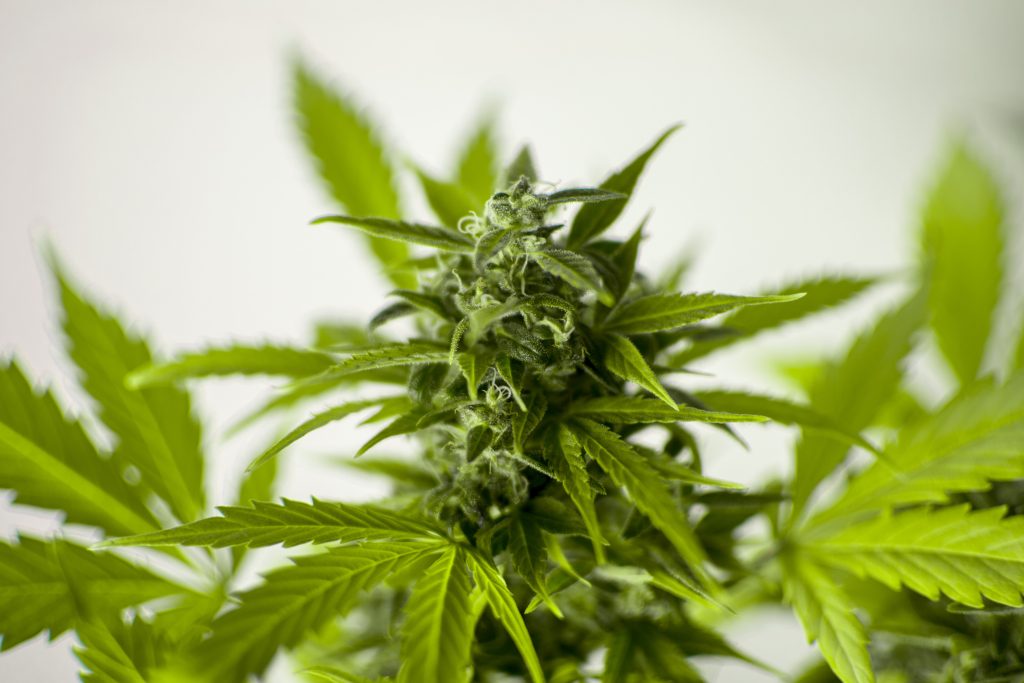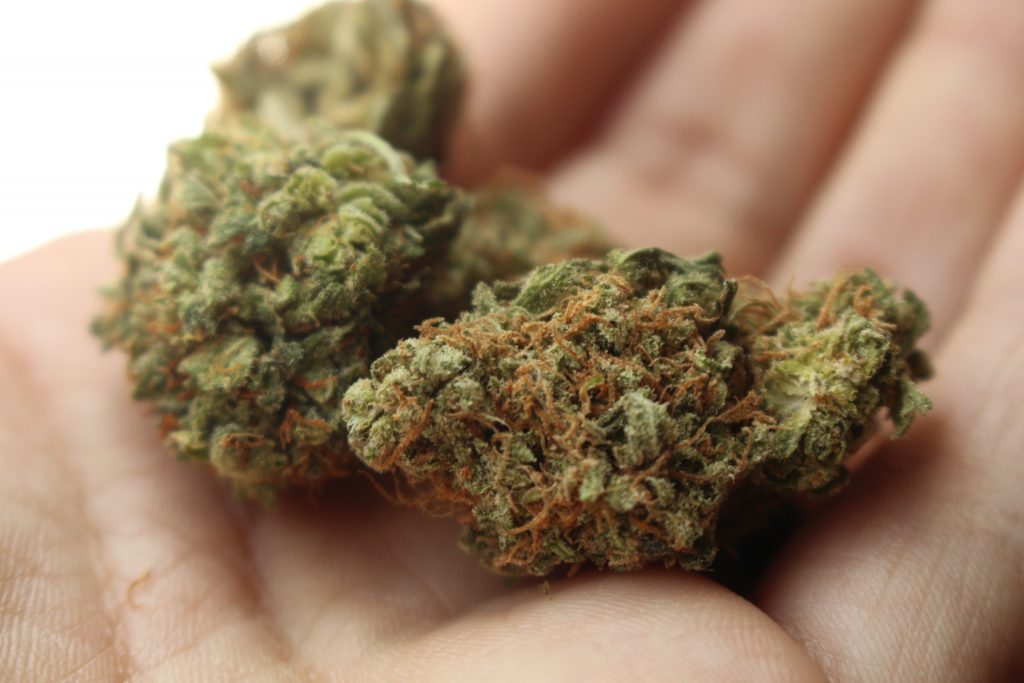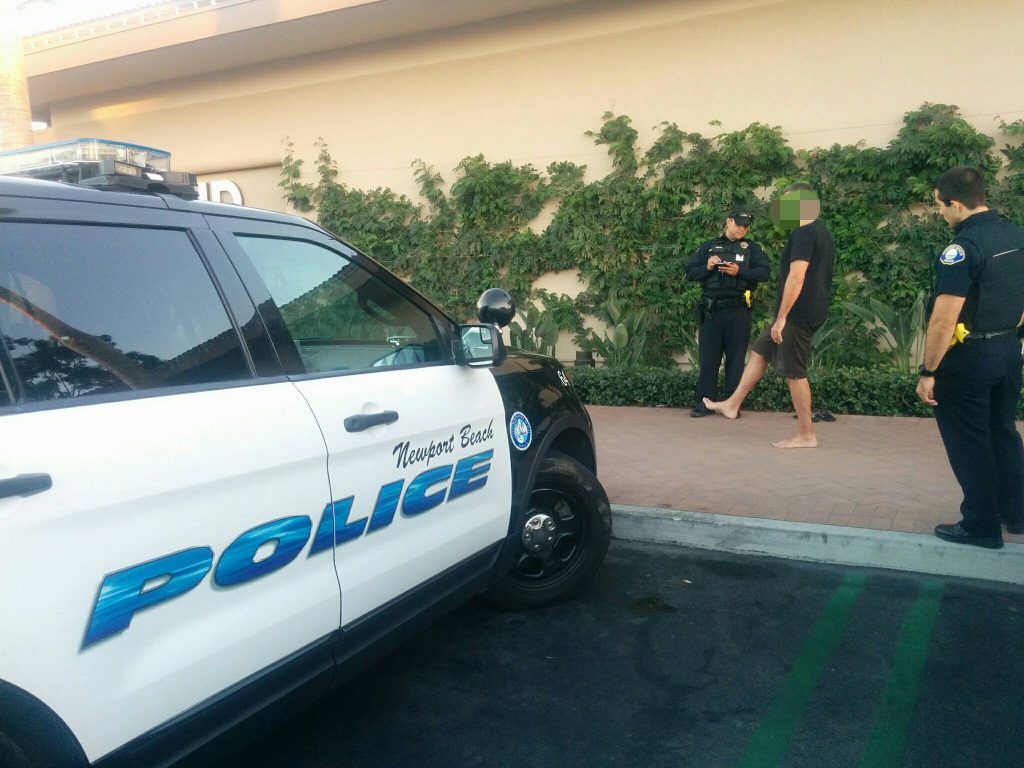
— Photo credit: Pixabay
As the laws regarding marijuana change, so does authorities’ approach to enforcement, as local police informed a city committee this week.
On Monday, Officer David Spenser of the Newport Beach Police Department briefed the Civil Service Board with a cannabis enforcement update.
Since Jan. 1, the consumption of marijuana and marijuana products is no longer illegal for adults in California. Users of the drug may inhale or ingest the product in the privacy of their homes (not in public).
DUI laws, however, remain generally the same, so operating a vehicle under the influence of the now legal substance is a bad idea.
NBPD is preparing for an expected increase in cannabis-related DUIs and all patrol officers are being educated to identify and prove drug-impaired driving, Spenser explained.
Spenser, currently assigned to motorcycle patrol, is leading the department’s training efforts in the “hazy” arena of identifying and arresting “stoned” drivers. He has traveled around the country to absorb the latest in drug-related impairment training for law enforcement and has brought that expertise to the officers of the NBPD.
“We are at the forefront of the training,” he said.
The symptoms of drug-impaired driving are often similar to that of a drunk driver, he said. The challenge is being able to prove that the driver is under the influence of cannabis or drugs other than alcohol.
“One of the challenges we face in coming years is that there is no ‘per se’ limit for drug impairment,” Spenser said.
For example, it is widely known that driving with a blood alcohol level of .08 or higher is against the law. For marijuana or other drugs, there is no such limit. Even if a drug or drug paraphernalia is present in the car at the time of police inspection, that isn’t enough to prove that person shouldn’t be behind the wheel, Spenser said.
“As officers, it is imperative that we show that the impairment is present in that person’s driving. So it is incumbent on the officer to prove impairment, not just the presence of a substance,” he said.

— Photo credit: Pixabay
Officers go through a series of standardized field sobriety tests, as well as the use a drug recognition evaluation to further determine what category or categories of drug that someone is under the influence of, he explained.
“Ultimately, it comes down to a clinical test to show the presence of cannabis or any other drug,” Spenser said.
The blood test is then sent the Orange County Crime Lab in Santa Ana, which Spenser described as one of the best in the country. He said that the lab always tests for marijuana as well as 400 other different drugs and related chemicals.
“The length of time that the THC stays in the blood is extremely short,” Spenser said of the chemical in marijuana.
The chemical is 90 percent gone from the blood only 90 minutes after consumption.
“It uses the blood as a transport system to the brain and leaves the blood to enter the brain,” he said.
“A common time frame between arrest and blood sample is 30 to 90 minutes, so you can see how it presents a challenge, but the presence of active THC in the suspect’s system, coupled with the officer’s field sobriety tests is usually enough to show DUI,” he said.
It’s a challenge, but one that he feels the department is prepared for.
The retail sale of marijuana is not permitted in Newport Beach, but there are dozens of delivery services that are happy to deliver to a home in the city, according to weedmaps.com, an Irvine-based website that connects buyers with sellers of both recreational and medial marijuana.
“One good thing that comes out of it,” he said, “is that marijuana sales and taxable revenue…is earmarked for law enforcement, specifically related to the drug recognition expert program,” he said.
The California Highway Patrol also began training their officers for an increase in drug-related DUI situations last year, he said.
Robyn Grant, Vice Chair of the Civil Service Board thanked Spenser for his service and presentation.
“It’s always really rewarding to hear how cutting edge our particular community is on so many things,” she noted.
In addition to California, Alaska, Colorado, Maine, Vermont, Oregon, Massachusetts, Nevada, and Washington have all legalized the recreational use of marijuana. It remains illegal under federal law.

— Photo courtesy Newport Beach Police Department





The police are not prepared. Research shows that the SFST does not reliably identify cannabis impairment, and in their 2017 report to Congress (p. 28–https://www.nhtsa.gov/sites/nhtsa.dot.gov/files/documents/812440-marijuana-impaired-driving-report-to-congress.pdf) NHTSA says that blood tests for THC have no scientific basis. No one should drive impaired, but actual impairment should be measured, and the level of impairment from cannabis that is criminalized should be the same as the level of impairment for the blood alcohol limit. I have developed a new public health app that measures actual impairment–it is called DRUID (an acronym for “DRiving Under the Influence of Drugs”) available now in the App Store and in Google Play. DRUID measures reaction time, decision making, hand-eye coordination, time estimation and balance, and then statistically integrates hundreds of data points into an overall impairment score. DRUID takes just 2 minutes.
NORML of California is promoting DRUID on their website and is encouraging cannabis users to download it.
Our website is http://www.druidapp.com
DRUID allows cannabis users (or others who drink alcohol, use prescription drugs, etc.) to self-assess their own level of impairment and (hopefully) decide against driving if they are impaired. Prior to DRUID, there was no way for an individual to accurately assess their own level of impairment. DRUID also demonstrates that it is feasible to measure impairment reliably by the roadside, not just exposure to a drug. It could also be a way for cannabis users who have developed tolerance to show they are unimpaired.
DRUID was featured on NPR’s All Things Considered: http://www.npr.org/2017/01/25/511595978/can-sobriety-tests-weed-out-drivers-whove-smoked-too-much-weed
Also on television: http://sacramento.cbslocal.com/2017/02/28/science-lags-behind-marijuana-impairment-testing/
And this past December on Spokane Public Radio: http://nwpr.org/post/progress-made-marijuana-intoxication-measurement-tool-0
After obtaining my Ph.D. at Harvard, I have been a professor of psychology at UMass/Boston for the past 40 years, specializing in research methods, measurement and statistics.
Michael Milburn, Professor
Department of Psychology
UMass/Boston